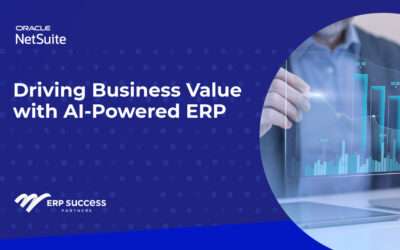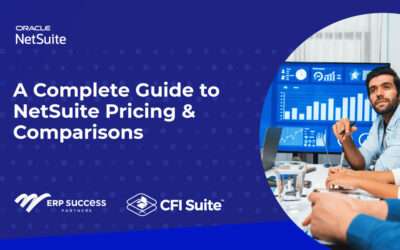Software penetrates all aspects of daily life, with individuals, businesses, associations, government agencies and many other enterprises relying on operating systems and applications to carry out tasks.
Today, many of those systems are delivered via the cloud in a software-as-a-service (SaaS) model. Currently, SaaS represents around a third of the overall software market, where benefits include a lower total cost of ownership (TCO); faster and easier implementation models; and less need for IT infrastructure, personnel, servers and other components required for on-premises software models.
“Companies’ belt-tightening in the economic downturn has resulted in smaller budgets for software solutions, leading to the market contraction in 2020. However, the pandemic has also made organizations realize the urgency to go digital,” Statista points out in a new report.
“As digitalization deepens, businesses and activities will move to the cloud more and more, pushing SaaS evermore to the forefront. SaaS spending is projected to stay strong, reaching $138.3 billion in 2022.” This level market growth and increasing demand for digital tools have created significant opportunity for software companies, which have very specific financial management needs that can’t be adequately addressed using legacy solutions, disparate applications, spreadsheets and manual processes.
The Intricacies of Selling Software
When selling software on a subscription basis to a global audience, companies must ensure that the right processes are in place to handle sophisticated revenue recognition requirements, recurring revenue and renewals.
Properly tracking and analyzing recurring revenue, for example, helps software companies better understand operational performance and profitability and also helps facilitate funding. A business model based on predictable revenues occurring at regular intervals that carry a relatively high degree of certainty, recurring revenue is considered predictable, stable and can be counted on to continue occurring at regular intervals.
For a software company that’s taking on outside investment and/or planning to go public at some point, it’s important to have recurring revenue management and other financial “ducks in a row.”
With Growth Comes Business Complexity
A top choice for software companies that understand that the key to unlocking and managing growth is a back office system that can address today’s challenges while providing the critical foundation needed for the future, NetSuite streamlines the back office so that software companies can focus on growing their businesses.
“With growth comes business complexity,” NetSuite points out. “You have to manage more complex business processes such as revenue recognition, forecasting, procurement, specialized pricing models, recurring/subscription-based revenue streams, order management and an embedded professional services team, just to name a few.”
Many times, the processes and systems that worked well when a business was a startup, or focused on a single product set, begin to break down. Companies may augment with spreadsheets and standalone applications to meet incremental needs as they arise, but as growth continues, these unintegrated processes and ad-hoc applications begin to hinder productivity.
Key Advantages of NetSuite
To help software companies avoid these problems, grow their organizations and leverage new opportunities, NetSuite will:
1. Manage Orders
Automate processing for both initial and recurring transactions.
2. Streamline Billing
Automate billing across multiple revenue streams—subscription, product, usage and services.
3. Recognize Revenue
Solve complex revenue recognition challenges and comply with evolving standards.
4. Close the Books
Close with confidence and report financials quickly and accurately.
5. Optimize Recurring Revenue
Manage recurring revenue with powerful solutions for both SaaS and perpetual license providers.
6. Consolidate Global Financials
Seamlessly manage multiple currencies and reporting as your business expands.
7. Integrate with Salesforce
Integrate with your existing CRM for complete lead-to-cash automation.
8. Automate Professional Services
Maximize resource allocation, elevate on-time delivery and streamline project accounting.
Using the SuiteSuccess implementation model, ERP Success Partners gets software companies up and running quickly on the world’s leading enterprise resource planning platform. SuiteSuccess delivers industry specific functionality with hundreds of prebuilt reports, value-driven dashboards and key performance indicators (KPIs) developed based on years of real-world use by thousands of people in similar roles at high tech companies.






